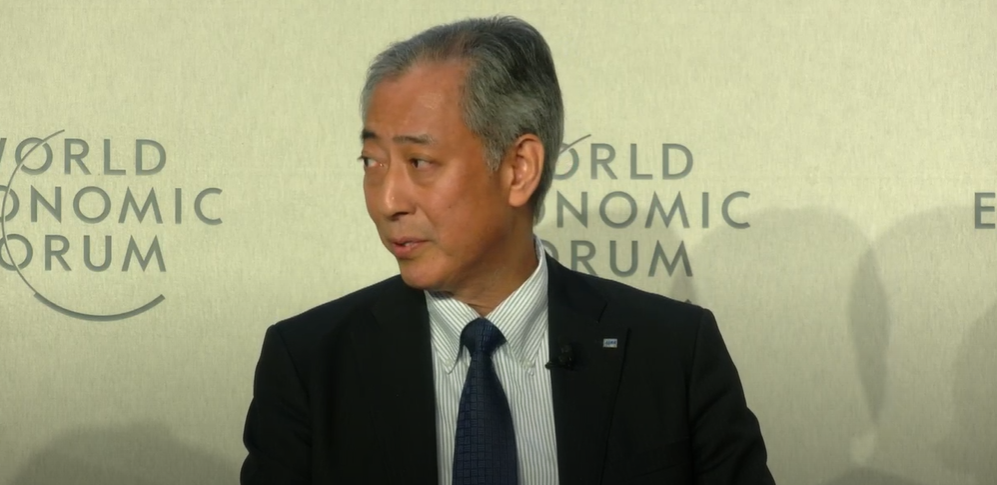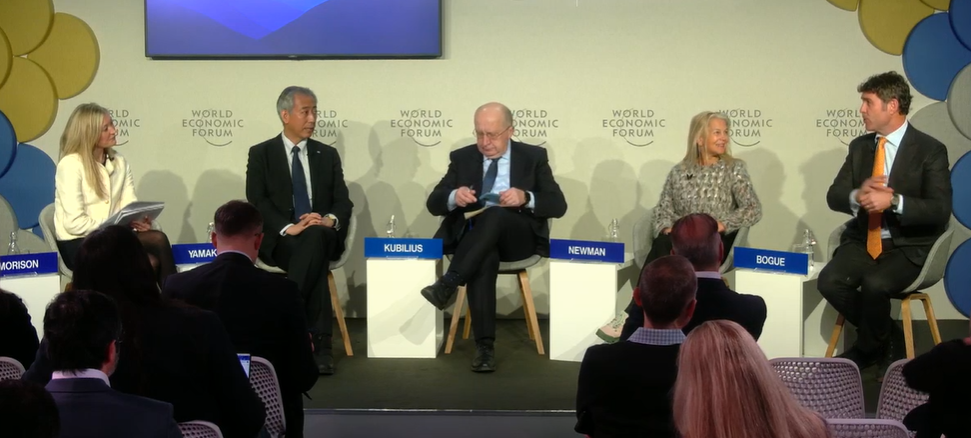



Speaking at the World Economic Forum panel ‘Thriving in Orbit,’ Hiroshi Yamakawa, President of the Japan Aerospace Exploration Agency (JAXA), outlined Japan’s ambitious goals for space exploration and sustainability.
He emphasized the importance of advancing the country’s space industry through research, funding and international collaboration.
“Japan’s national goals in space are clear: enhancing access to space, boosting international competitiveness and ensuring space sustainability and economy,” Yamakawa said. These objectives guide JAXA’s activities, from research and development to the operation of satellites and rockets.
Yamakawa also introduced the Space Strategy Fund, a new funding mechanism aimed at fostering innovation in both space and non-space industries.
“The fund, with an annual budget of $2 billion—larger than JAXA’s own $1.5 billion budget—is designed to support initiatives such as optical communication, quantum key distribution, AI-driven satellite data analysis, on-orbit servicing and space science exploration,” he explained.
The fund also aims to connect space and non-space sectors to create new markets and maximize returns on investment from both government and private venture capital.
“The most important point is turning established technologies into real businesses,” Yamakawa said, stressing that international cooperation is vital. “No single country can do everything, and collaboration makes space missions more sustainable.”
Yamakawa also addressed the dual focus of JAXA on civil space projects and national security. He said the agency’s close collaboration with the Japanese Ministry of Defense and other security organizations, including contributions to space situational awareness to prevent satellite collisions and enhance maritime domain awareness.
JAXA’s research efforts extend to medicine as well through innovative experiments on the International Space Station. Yamakawa said the JAXA’s success in protein crystal growth under microgravity conditions allows for precise structural analysis.
“These findings are instrumental in accelerating the design of new medicines,” he explained.
Other speakers at the session included: Zachary Bogue, DCVC Managing Partner and Co-Founder, Dava Newman, MIT Media Lab Director, Andrius Kubilius, EU Commissioner for Defense and Space, and was moderated by Rachel Morison, Editor at Bloomberg News.